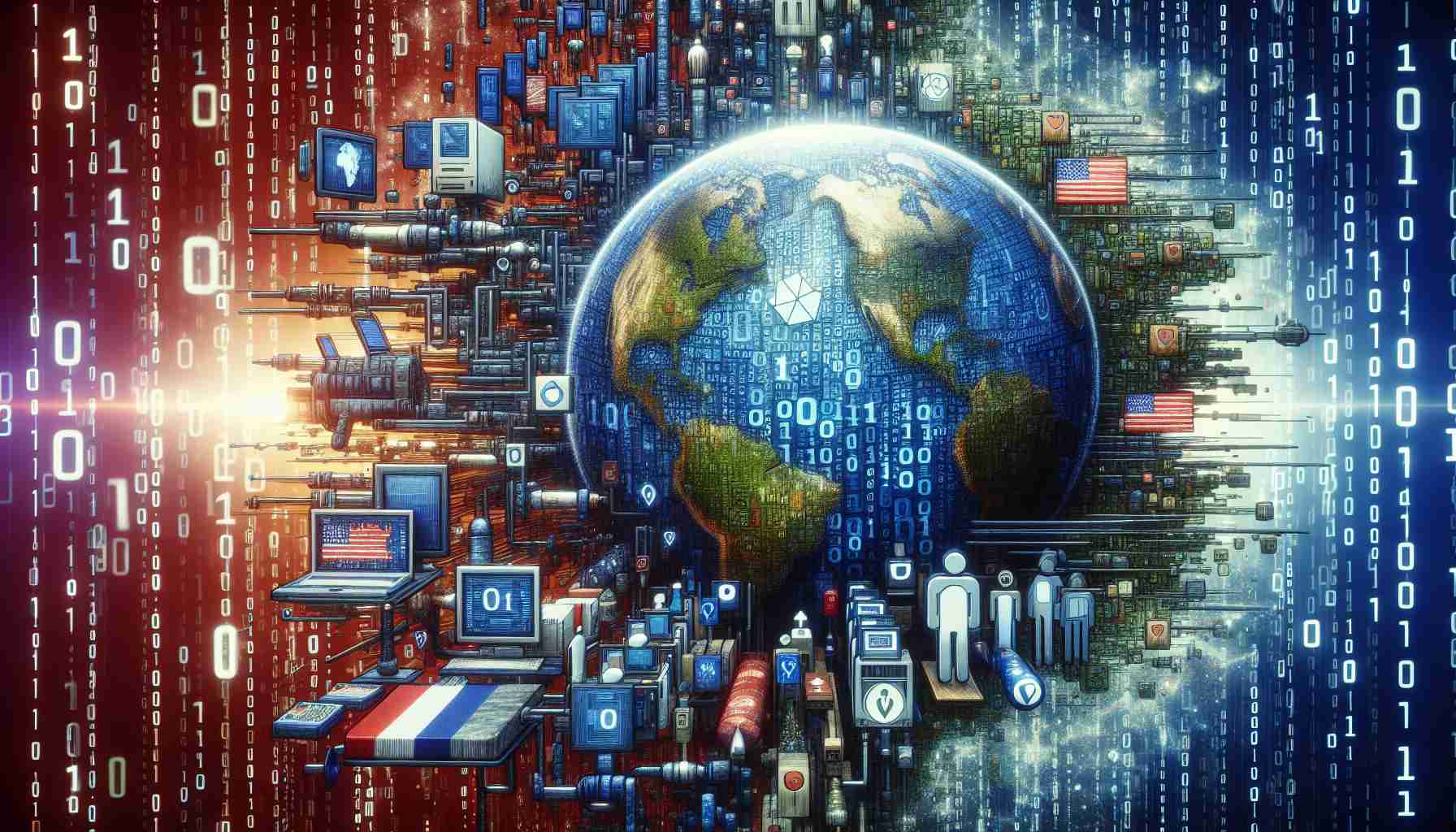The Strain on Democracies Worldwide
In an era marked by escalating armed conflicts, pivotal national elections, and the lingering effects of a health crisis, democracies around the globe are facing significant challenges. Amidst these pressures, the role of digital technologies, particularly artificial intelligence (AI), has become increasingly critical and contentious in relation to the stability and nature of these democracies.
Emotion vs. Reason in the Digital Sphere
Emerging concepts such as ’emocracy’—a governance system swayed by emotions rather than facts—threaten the rational discourse necessary for democratic functioning. Social media platforms amplify unchecked information, inciting instant emotional reactions that can sway policy decisions away from factual analysis. Emotional manipulation, propelled by data analysis and AI, potentially erodes democratic foundations by fostering polarization and shrinking the space for constructive dialogue.
The Rise of Democrature
On the other side of the spectrum lies ‘democrature’, a term describing authoritarian regimes masquerading as democracies while employing digital tools and AI to tighten their grip on citizens. Such regimes engage in mass surveillance and information manipulation, ultimately suppressing dissent and narrowing the democratic space under the guise of national security.
Digital Technology: A Double-Edged Sword
Digital technologies and AI can either enhance governance through data analysis and public service optimization or be misused for public opinion manipulation and intrusive surveillance. AI’s impact on emocracy is especially profound, with algorithms prompting emotional reactions over informed deliberation, putting democratic health at risk.
Seeking Balanced Regulation
To address these issues, it is essential to develop policies that promote transparency, accountability, and fairness in the use of digital technologies. Democracies need to establish strong safeguards against abuses while harnessing the positive potential of these tools. This requires international cooperation to create global standards for AI and data use, involving states, tech companies, ethics experts, and citizens in the conversation.
Emocracy and democrature represent potential pitfalls for modern democracies influenced by digital advancements but also serve as a call to action for increased vigilance. In a world where digital tools are ubiquitous, ensuring their ethical and democratic use is not only a challenge but also a fundamental necessity to uphold the principles of freedom and peaceful coexistence.
Key Questions, Challenges, and Controversies
1. How can democracies balance the need for security and the protection of civil liberties in the context of digital surveillance?
Democracies are faced with the challenge of protecting citizens from threats while ensuring their privacy and freedom are not infringed upon. This balance is delicate, especially when AI can be used for mass surveillance, profiling, and predictive policing.
2. What measures can be taken to prevent the spread of misinformation and preserve rational discourse in the era of AI?
To counter misinformation, democracies might consider legislation mandating transparency in AI systems used by social media companies, improved digital literacy education, and collaborative fact-checking efforts.
3. How can international cooperation shape global standards for ethical AI?
International cooperation is crucial in establishing a common set of principles and norms for the development and use of AI. This involves agreements on issues like AI in warfare, surveillance, cyber espionage, intellectual property, and the sharing of benefits from AI advancements.
Advantages and Disadvantages
The use of AI in democracies brings both opportunities and risks:
Advantages:
– AI can improve the efficiency and responsiveness of government services through data analysis and automation.
– It can enhance the decision-making process by providing leaders with comprehensive, evidence-based options.
– AI has the potential to strengthen security measures and protect nation-states from various threats, ranging from cyber-attacks to terrorism.
Disadvantages:
– AI can facilitate the spread of misinformation and the manipulation of public opinion.
– It may be used for pervasive surveillance, threatening individual privacy and freedom.
– The biases inherent in AI algorithms can lead to discrimination and unequal treatment of citizens.
The debate around AI’s role in democratization is far-reaching, touching on issues of ethics, governance, and human rights. The ability to analyze vast amounts of data, predict outcomes, and automate processes comes with the risk of abuse of power if these tools are not subject to appropriate checks and balances.
Related Links
– For information on global digital policy and AI: International Telecommunication Union
– To explore the intersection of technology and democracy: Carnegie Endowment for International Peace
– For research on the ethics of AI and its impact on society: AI Ethics Lab
In conclusion, while the digital age offers groundbreaking possibilities for enhancing democratic processes, it also requires vigilant measures to curb its misuse. Balancing the benefits against the risks remains a critical task for all democracies if they are to navigate effectively in this digital era.

